|
My vegan journey has been quite remarkable. When I reflect back on the time when I was just like many Americans, buying and consuming animal products without even thinking about it, it seems so surreal. Day after day animals across the world pay the ultimate price so that people can have a glass of milk with breakfast, a steak or chicken dinner, and keep slaughterhouses and factory farms in business. In this vicious cycle of animal cruelty, people often forget (or don't even think ) that animals are brilliant creatures that experience feelings and emotions, too. Here's how...
Pigs
Pigs are amazingly intelligent. Studies show that they have long term memories, great problems solving skills, and are able to learn complex combinations of symbols for actions and objects.
They also feel empathy toward their pen mates. They feel fear, sadness, and happiness just like humans. They love to socialize and conversate, and mother pigs develop strong bonds with their babies. That's why it saddens me to think about the torture they endure at slaughterhouses. According to the USDA's number of Estimated Daily Livestock Slaughter under Federal Inspection, 2,179,000 hogs were slaughtered just last week.
The road to slaughter is gut wrenching. In natural settings, pigs can live up to fifteen years. Factory farmed pigs are sent to slaughter around six or seven months of life. They are packed tightly into 18-wheelers, and millions often die on the road to slaughter. Typical slaughterhouses kill over 1,000 pigs per hour. In May 2015, a Compassion Over Killing investigation uncovered severe abuse of pigs. Investigators saw “conscious pigs being dragged, improperly stunned (i.e. ineffectively stunned and double stunned), abused with electric prods, maliciously beaten, pushed, kicked and otherwise severely mistreated.” There are many organizations and sanctuaries that fight daily to rescue and eliminate the suffering of pigs. Wallow in the Woods pig sanctuary in Metter, Georgia rescues and cares for unwanted or neglected pot belly pigs. Pigs Peace Sanctuary also does phenomenal work.
Chickens
There are hundreds of breeds of chickens worldwide. Studies show that chickens have distinct personalities, great memory skills, and complex communication. They are also able to experience fear, anticipation and anxiety. Mother hens are very caring and bond with their chicks, but that bond is broken too often. According to United Poultry Concerns, "In the U.S., each year, 9 billion “broiler” (baby) chickens, both males and females, are raised and killed for food. Worldwide over 50 billion chickens are now being slaughtered every year." Factory farmed chickens often never see the light of day. Instead, they are cramped by the thousands in sheds, and baby chicks raised on factory farms are not allowed contact with his or her parents, let alone be raised by them, and the abuse chickens are subjected to is disgraceful. Thankfully, there are many organizations that rescue chickens from abuse.
Cows
Cows are so fascinating! A 2004 study conducted by Cambridge University showed that young heifers exhibit behavioral expressions of excitement when they solve a problem, and they also take pleasure in their own learning achievements. While working on her PhD at Northampton University, Krista McLennan discovered that cows have best friends and become stressed when they are separated. Unfortunately, separation, sadness, and and stress are part of the life cycle of many cows. Dairy cows know this all too well. Babies are taken from their mothers shortly after birth. Male calves are taken away to be raised for beef and females for milk. Once females are no longer able to produce milk, they are also sent to slaughter. There are many organizations that provide sanctuaries and save the lives of cows. The Cow Sanctuary in Bridgeton, NJ provides lifelong care and rehabilitation to cows, emus, horses, goats, pigs, ducks, geese, and other animals as well. Many of the animals were rescued from cruelty and neglect. Rowdy Girl Sanctuary is located in Angleton, TX. The story behind this sanctuary is remarkable. They provide lifelong, compassionate care to many animals whose lives usually end in brutal death.
There are hundreds of organizations across the country that fight each and every day for the freedom, rights and protection of animals. Each and every day another person makes the life changing decision to join the ranks of the millions of vegans across America to become vegan and embrace an ethical lifestyle that defends and advocates for animals-beautiful, intelligent, amazing creatures that all deserve to live a full and happy life-and for that I am very happy!
0 Comments
A report released May 19, 2017, by the National Agricultural Statistics Service (NASS), Agricultural Statistics Board, and United States Department of Agriculture (USDA), reveals some startling facts about milk production and consumption. Basically, dairy cows produce massive amounts of milk on a regular basis to keep up with the insatiable demand of Americans. In fact, the report states that "milk production in the United States during April totaled 18.3 billion pounds, up 2.0 percent from April 2016," and "the number of milk cows on farms in the United States was 9.39 million head, 69,000 head more than April 2016, and 8,000 head more than March 2017."
In this blur of milk production and distribution, one voice is often silenced. If dairy cows had a voice, there are three things that they would want us to know.
The milking machines are physically exhausting. I am sometimes milked for 10 months out of the year, including the time I get pregnant. I am milked two to three times a day, seven days a week, and continuously attached to milking machines. I develop mastitis in my mammary glands. I have watched friends die from this disease. After milking, I am returned to my lonely, cramped, concrete stall to wait for my next milking. That is my life.
"Production per cow in the 23 major States averaged 1,967 pounds for April, 20 pounds above April 2016. This is the highest production per cow for the month of April since the 23 State series began in 2003." (USDA 2017)
I miss my baby. I didn't get to bond with my baby. I didn't get to nurture my baby. When my precious baby was born, something terrible happened shortly thereafter. I was nursing my beautiful calf, and then someone took her. They ripped her away from me. I tried to call for her, but it did no good. No one listened. No one cared. My life is stressful. I know that one day she will be artificially inseminated and begin the vicious cycle that I currently endure. I had no time to mourn though. I was quickly put back to intensive milk production.
"Abrupt and early weaning, such as occurs on the typical dairy farm, appears to be distressing for both calf and cow," says Weary. "The calves will engage in repetitive crying and become more active," he says, "and sometimes you'll see a decline in their willingness to eat solid food."-Daniel Weary, an applied animal biologist at the University of British Columbia. The Emotional Lives of Dairy Cows, Mary Bates
My days are numbered. I would normally live 20-25 years, but I will only survive three to five years because of this intense, cruel life. I look around, and each and every day I see faces disappear. I know one day it will happen to me when I can no longer keep up and produce the high level of milk demanded of me. One day I will be packed onto a crowded truck to be transported to that place. It's called a slaughterhouse. The truck was here just yesterday. It was a sad day. After the hard life of servitude that I have endured, knowing I will one day end up as food on someone's plate is just too much to comprehend.
There is a ray of hope. There are many organizations out there that speak for me. Organizations like Free from Harm, Milk Hurts, Mothers Against Dairy, and Occupy for Animals, tell my story. There are countless others as well. They are my voice and the voices of many. I hope you listen to their messages. I hope my story inspires you to start your vegan journey. What is my life worth to you?
As an Amazon Associate, I earn from qualifying purchases.
Recently, James Aspey, world renowned vegan and animal rights activist, got into a heated discussion with a Christian man while James was speaking at an event. The whole argument that the man kept trying to make was that animals were created for his use. Often times when James presented the man with a sound response, the man would change his own argument, agree with James on many points, and then go right back to saying animals were created for his needs and nourishment. The whole exchange was interesting to me because I am a Christian, and I totally disagree with the man for several reasons.
Humans DO Not Need Animals for Nourishment
Everything we need, including protein, can be achieved by eating a plant based diet. There have been countless studies that show that by adopting a plant based diet people live longer, are healthier, happier, and less disease stricken. Research published by The National Center for Biotechnology concluded that "vegan diets seem to provide some added protection against obesity, hypertension, type-2 diabetes; and cardiovascular mortality."
In the Beginning
Then God said, “I give you every seed-bearing plant on the face of the whole earth and every tree that has fruit with seed in it. They will be yours for food. And to all the beasts of the earth and all the birds in the sky and all the creatures that move along the ground—everything that has the breath of life in it—I give every green plant for food. And it was so." Genesis 1: 29-30 (NIV). When Adam and Eve were in the Garden of Eden, God commanded that they eat seeded fruit and green plants. Those were His words. To me, this says that this was God's original design, but after the fall of man, death and destruction became part of the natural life cycle. Predators killed prey, and the life of one living thing depended on the death of another. I believe veganism is closer to God's original plan and design.
Factory Farming and Slaughterhouses
It seems like every day there are countless stories, images, and articles about animal abuse and torture. Whistleblowers often record first hand accounts of the relentless abuse that animals endure for the sake of being food for humans. In a recent Compassion Over Killing (COK) undercover investigation at Mason Dixon Farms, gentle mother cows were violently abused. Uncover footages shows: cows being kicked in the face, punched in their udders, continuously shocked with an electric prod, jabbed with pens and elbows, and having their tails painfully twisted or bent by workers. Because of their hazardous living conditions, they were also repeatedly getting stuck on water troughs or inside stalls. People can continue to make the argument of "animals were put here for our use" all they want, but use does not equal abuse. I think it is great when I see seeing eye dogs being eyes for their owners, or pets providing therapy and making people's lives better by bringing happiness and joy to families. I certainly don't think the God whom I love and in whom I believe, the God of love and compassion, is pleased with animal cruelty, slaughterhouses, or factory farming where these types of atrocities occur every day behind closed doors. These animals are living, breathing creatures with feelings and emotions. They experience joy and pain. They have families, but sadly often times they don't have a voice. "The righteous care for the needs of their animals, but the kindest acts of the wicked are cruel." Proverb 12:10 (NIV) Please share your views below! If you browse through the various vegan recipes on my site you will see everything from vegan quesadillas to salads. Although there are many types of recipes, they often have one thing in common: beans! I include beans in my weekly meals and recipes because they not only taste good, they are good for you. A recent article by Thrive Cuisine highlights the amazing benefits of beans. The article is fascinating and goes in depth about the scientific research as well as some important health information as well. There are so many reasons why we should eat beans, but in this post we will look at four. Number one: Studies show that consuming beans could positively impact resting heart rate and also combat cardiovascular disease. Number Two: Studies show that regular consumption of low glycemic index foods like beans, may be beneficial in preventing and managing of Type 2 diabetes. Number Three: Beans can help you lose weight! They are one of the only foods with protein, fiber and complex carbs. This combination slows digestion and delays the onset of hunger so you stay full for longer. Number Four: Eating beans can make you less gassy. Many people avoid beans because of this very issue, but according to the Thrive Cuisine article, "The more beans you eat the better your body gets at breaking down the resistant starches which in itself has several benefits such as colon cancer prevention."
So grab your grocery list, and if beans are not on there, you many want to add them! For more information, check out the full article "The Benefits of Beans: We Explore the Scientific Research" here. |
About Tabatha JamesTabatha James is a wife, mom, and children's book author navigating her way through a vegan way of life! Vegan Archives
February 2024
Vegan Categories
All
|

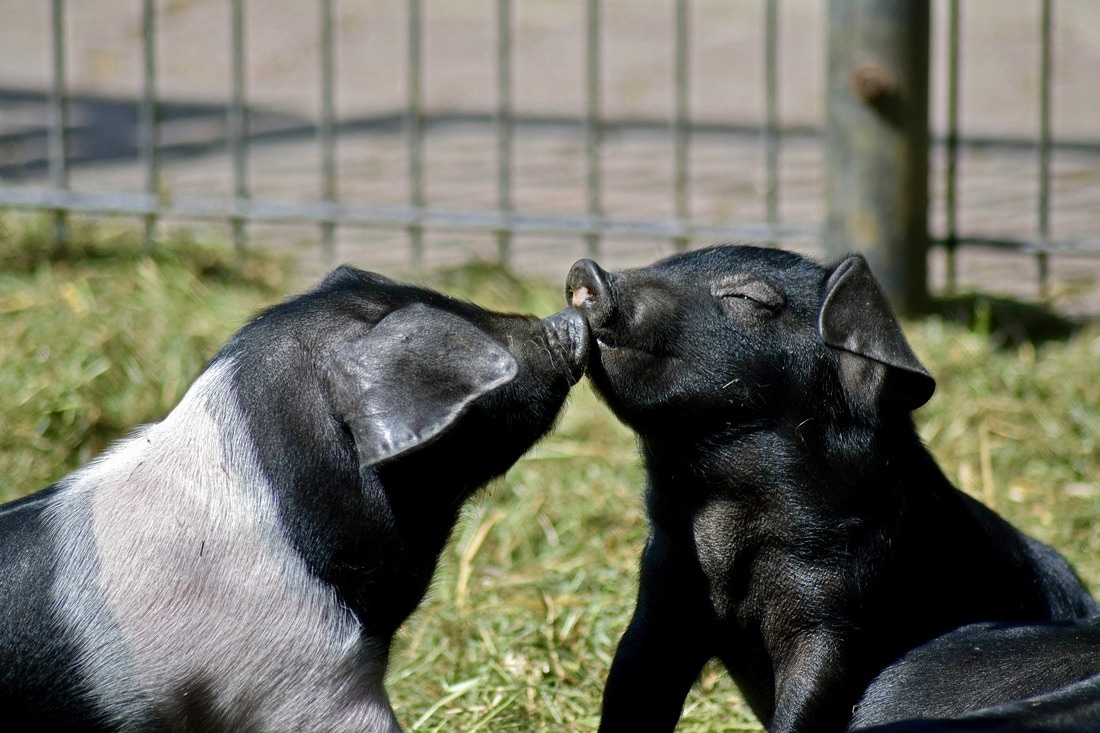
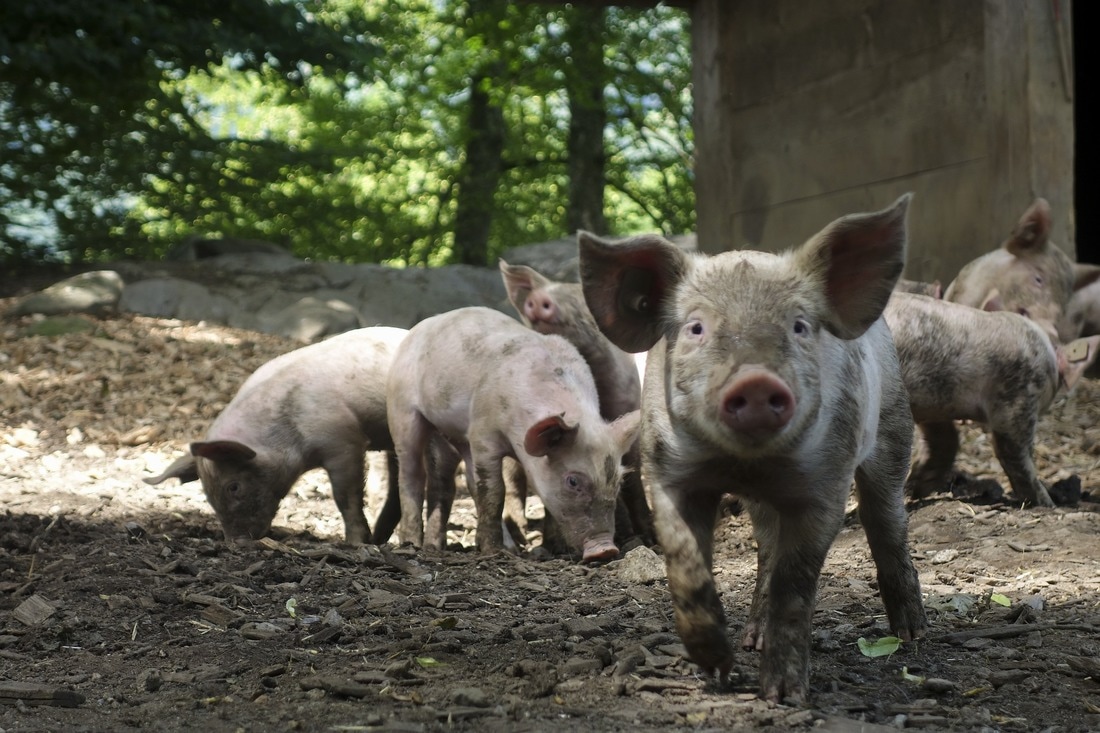
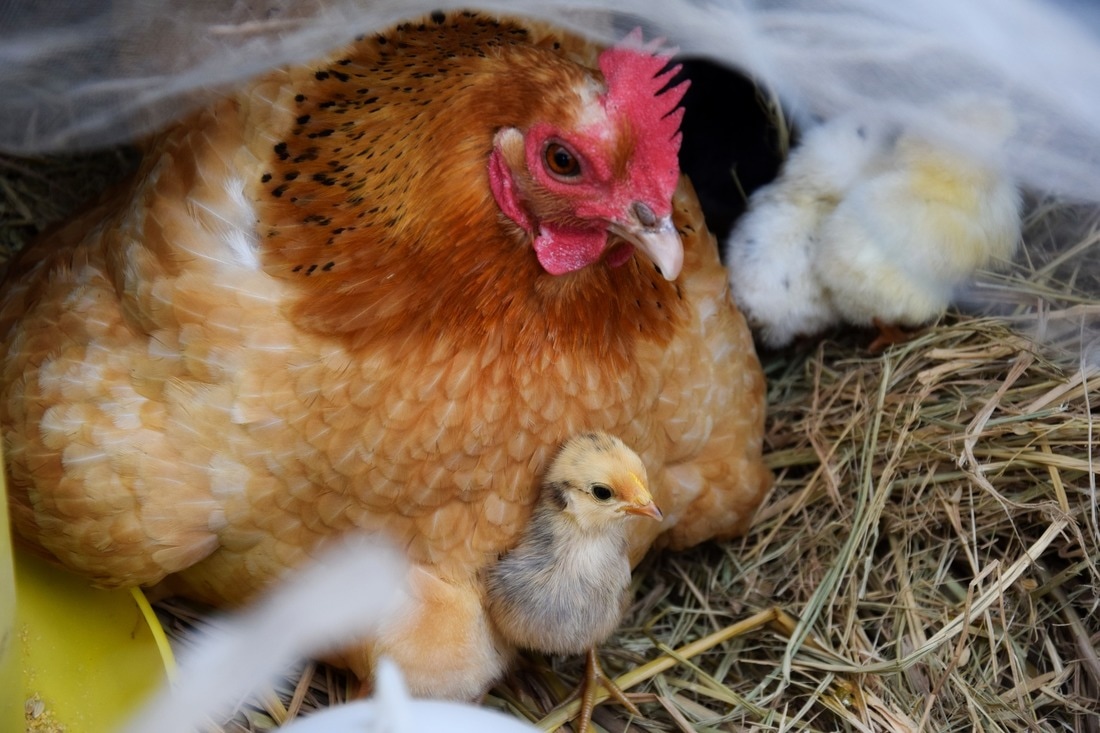
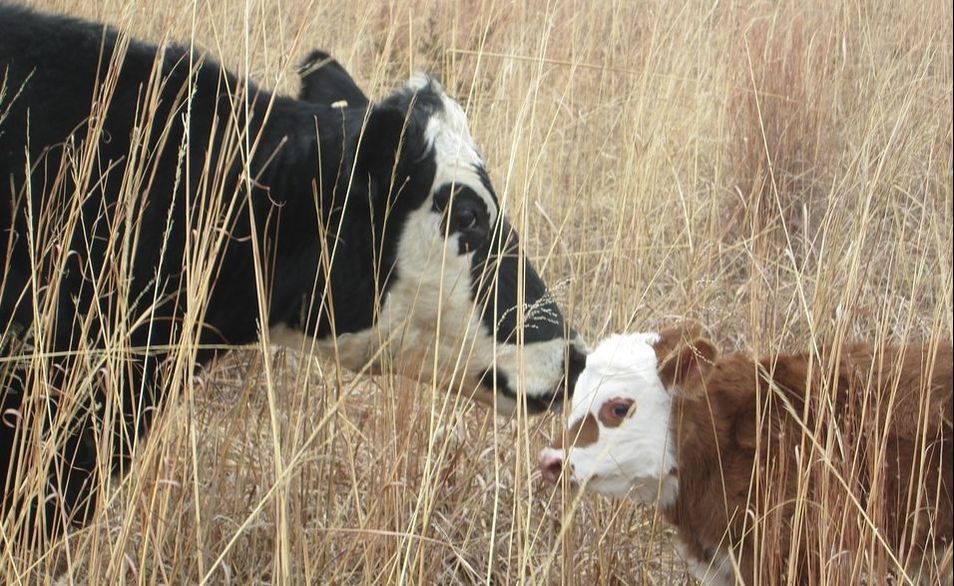
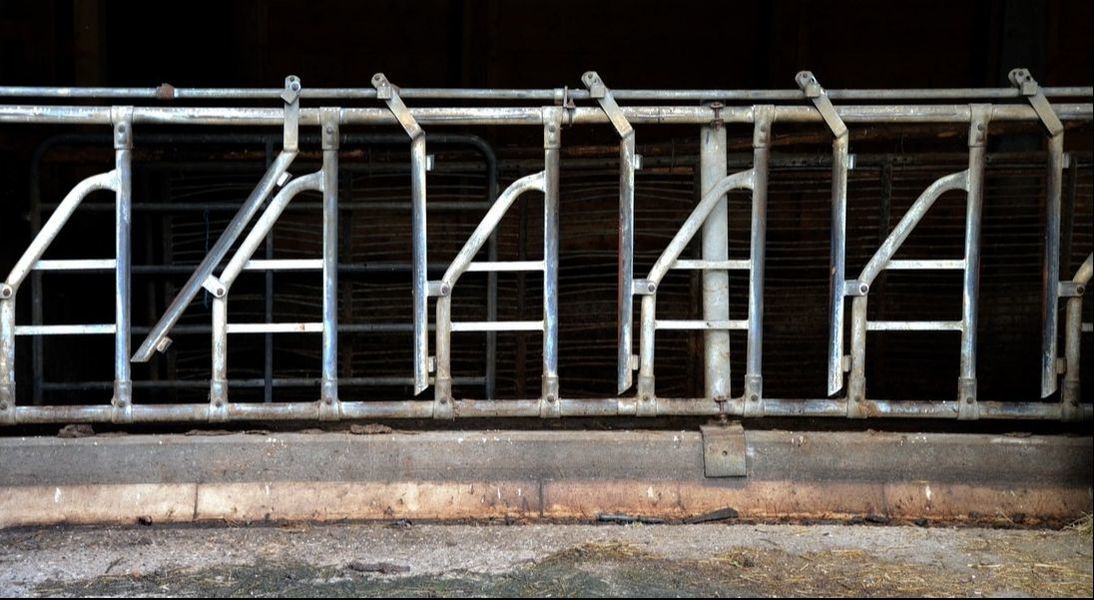
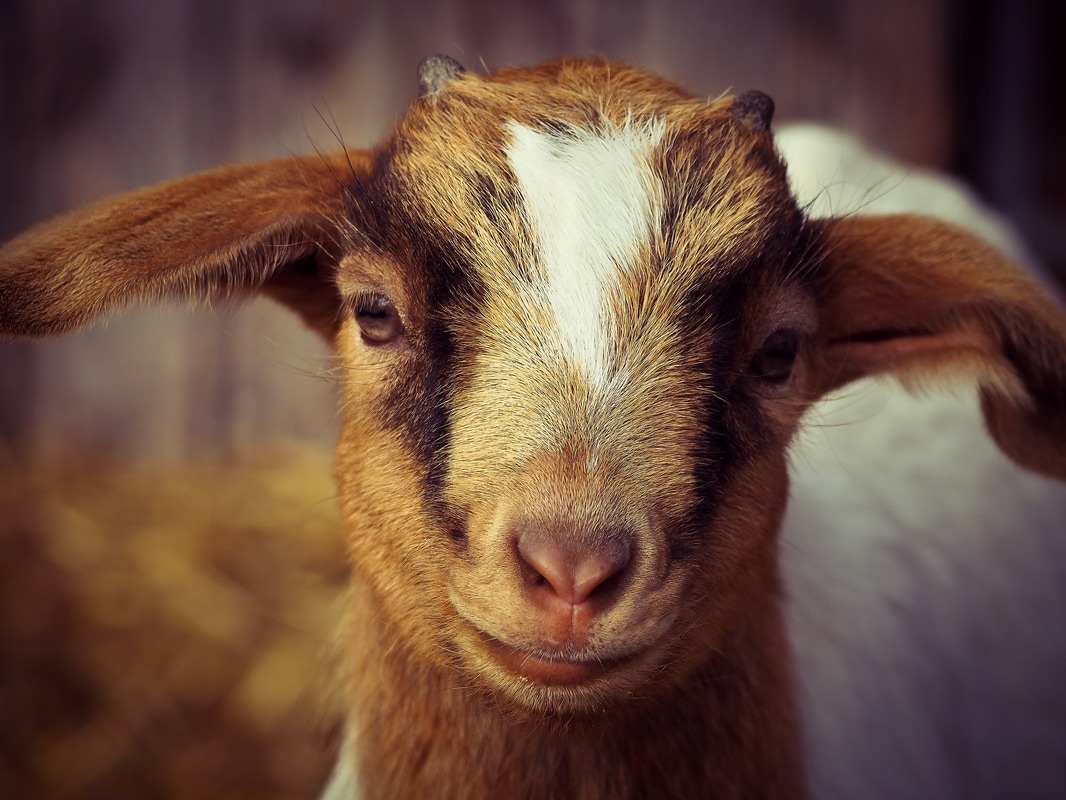
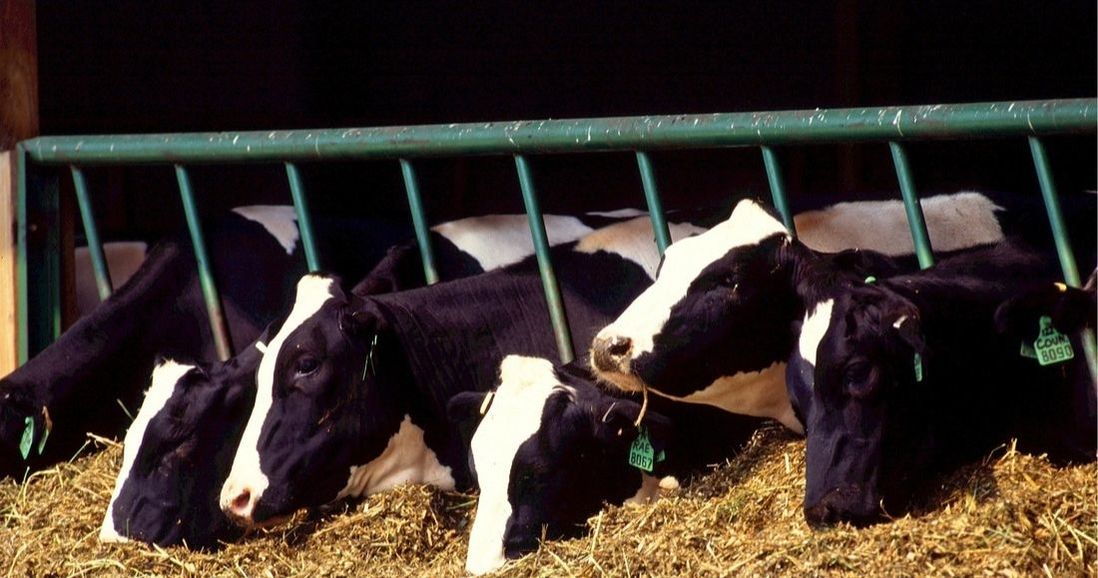
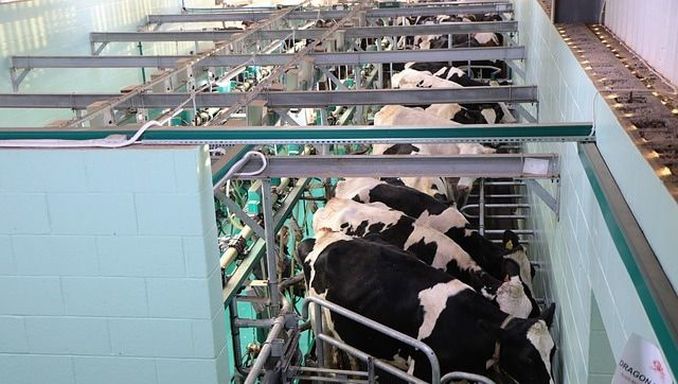
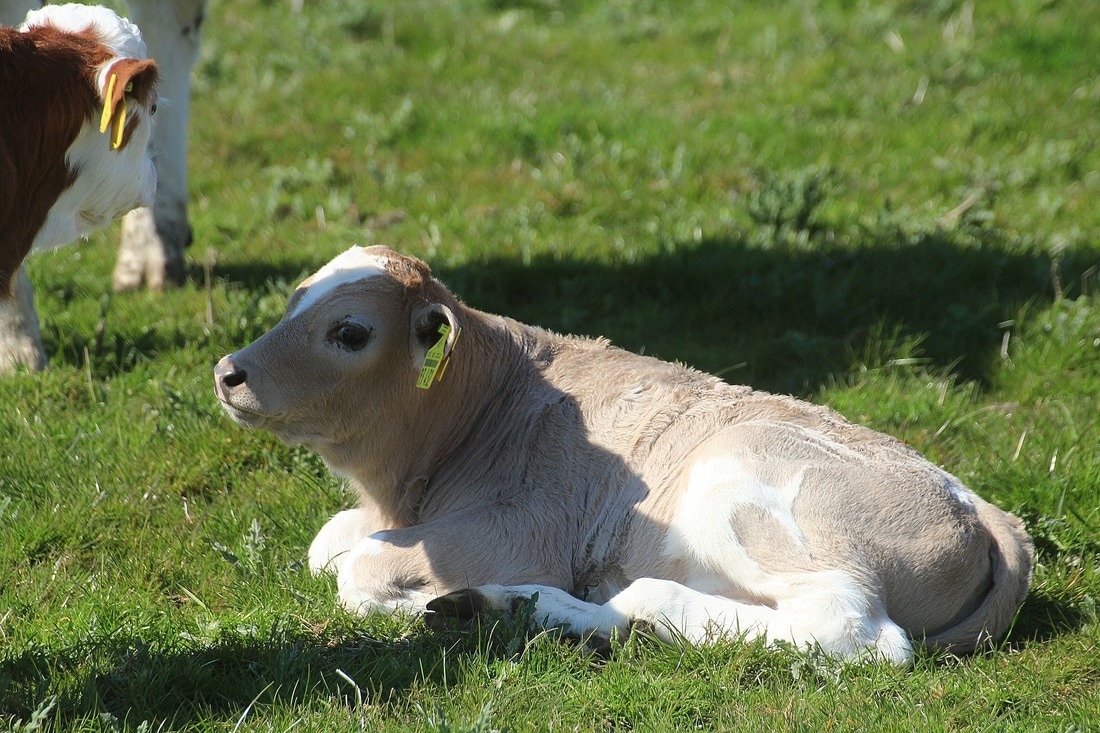
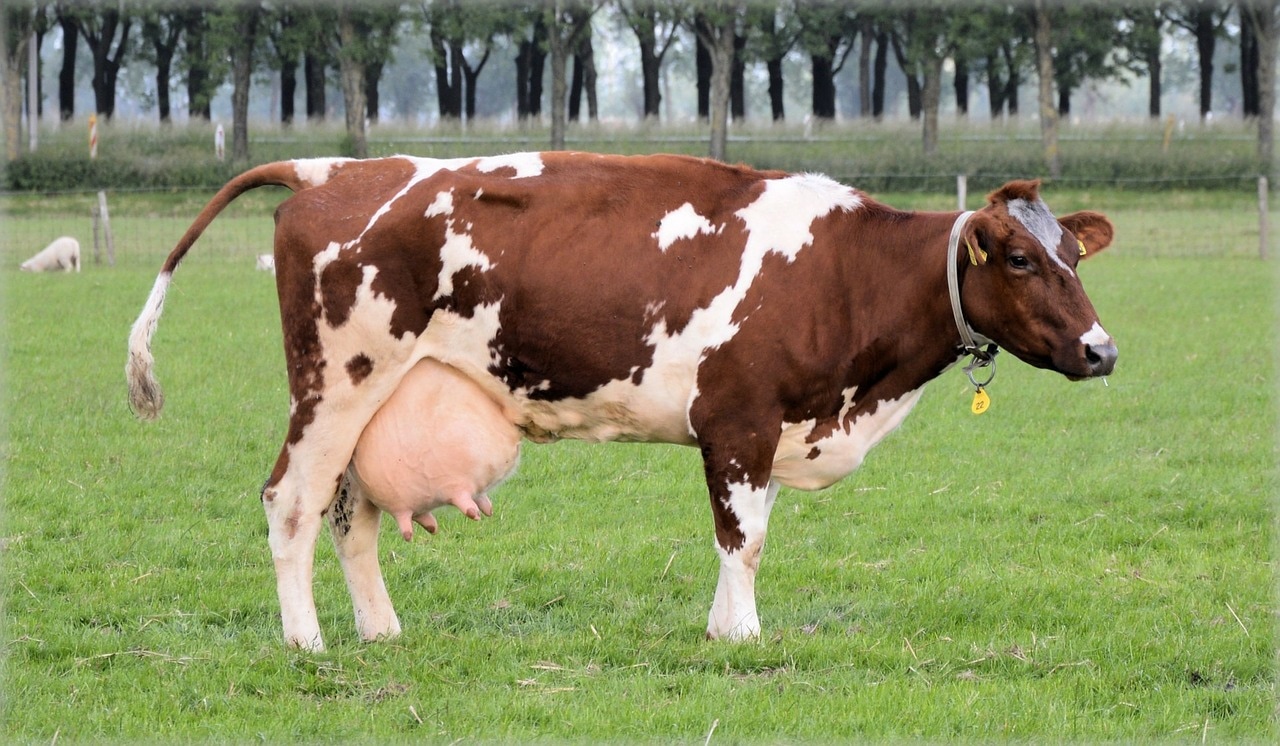

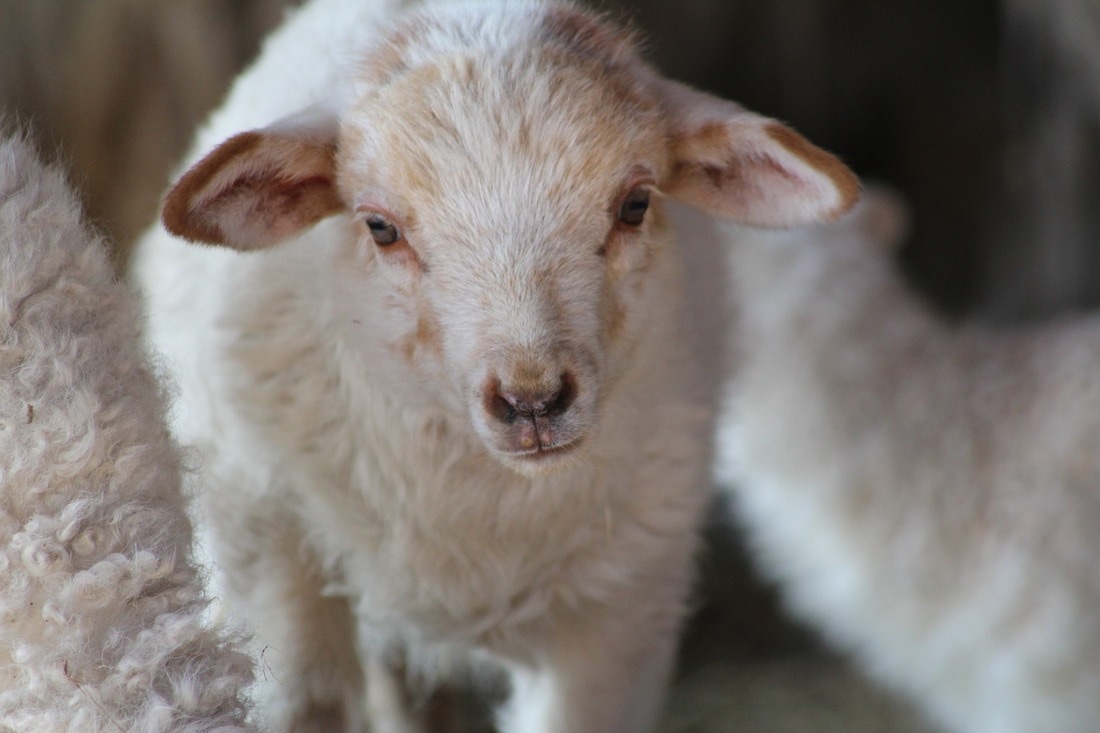
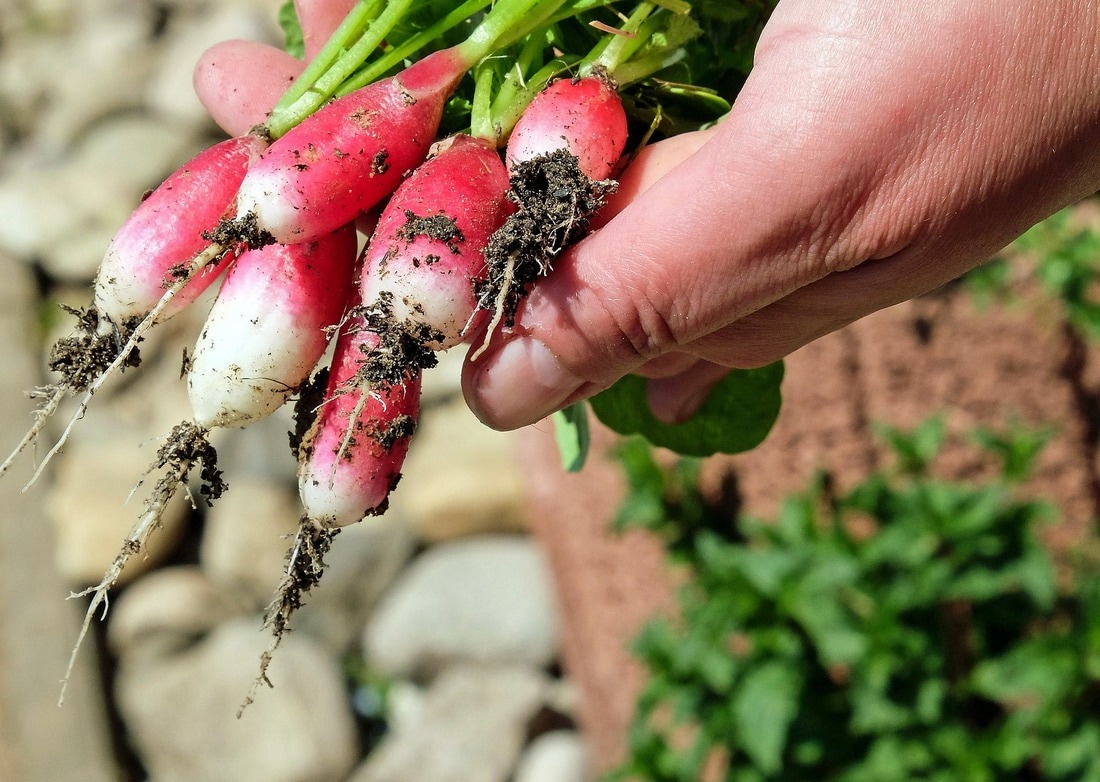
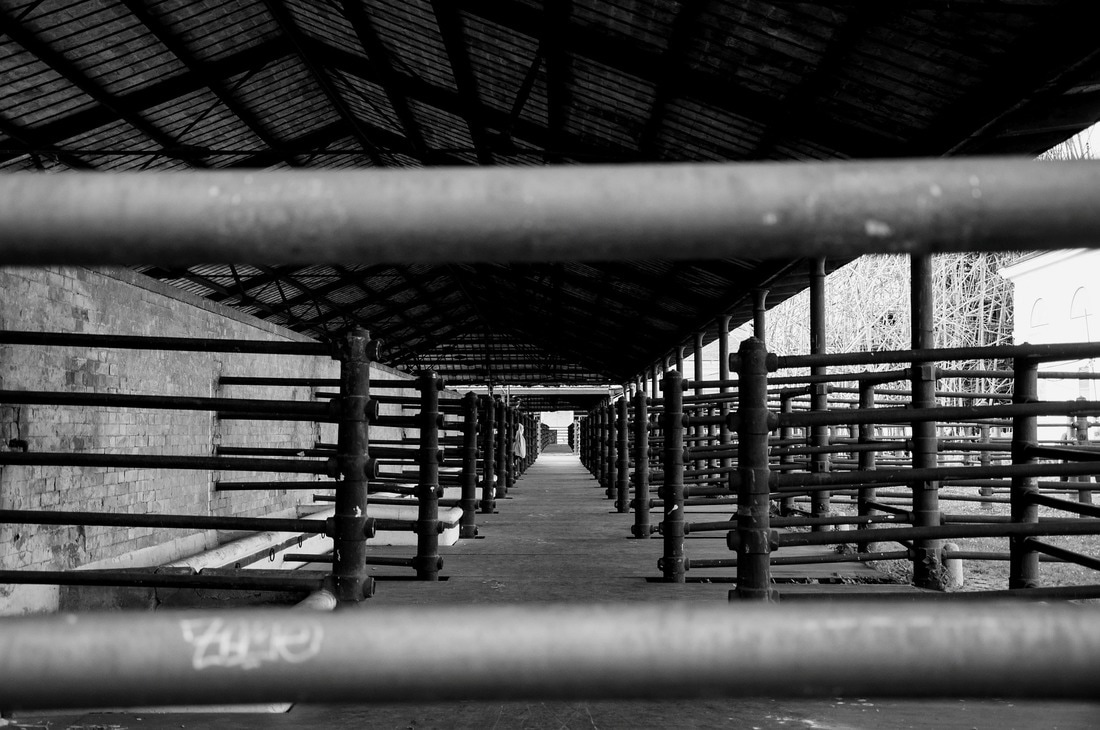
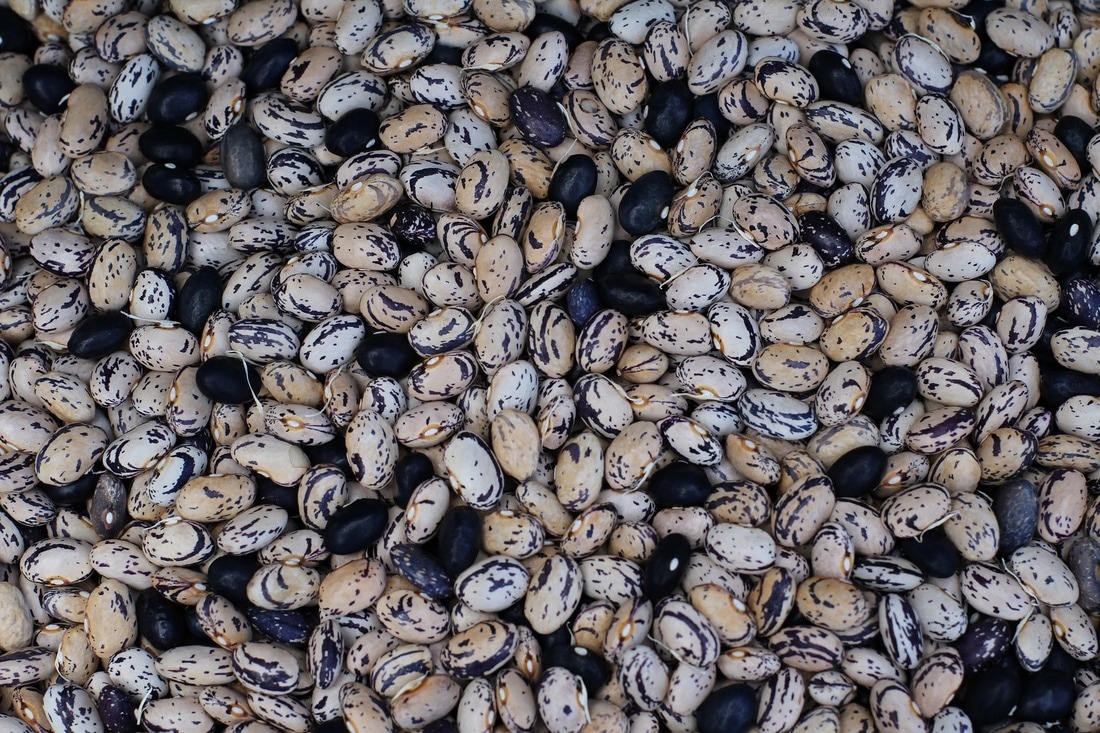
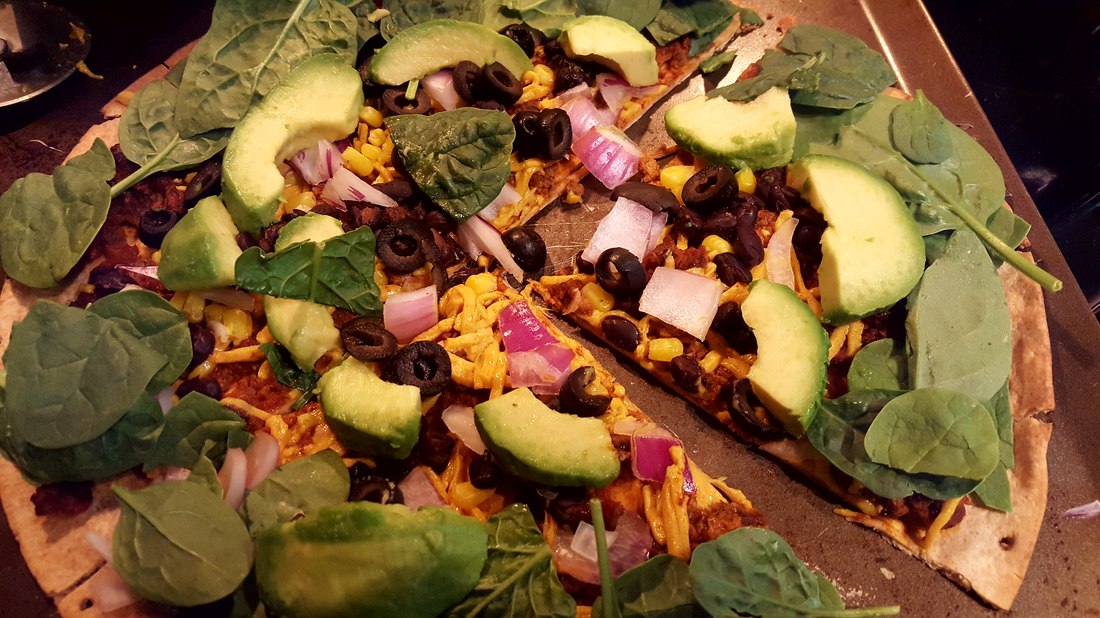
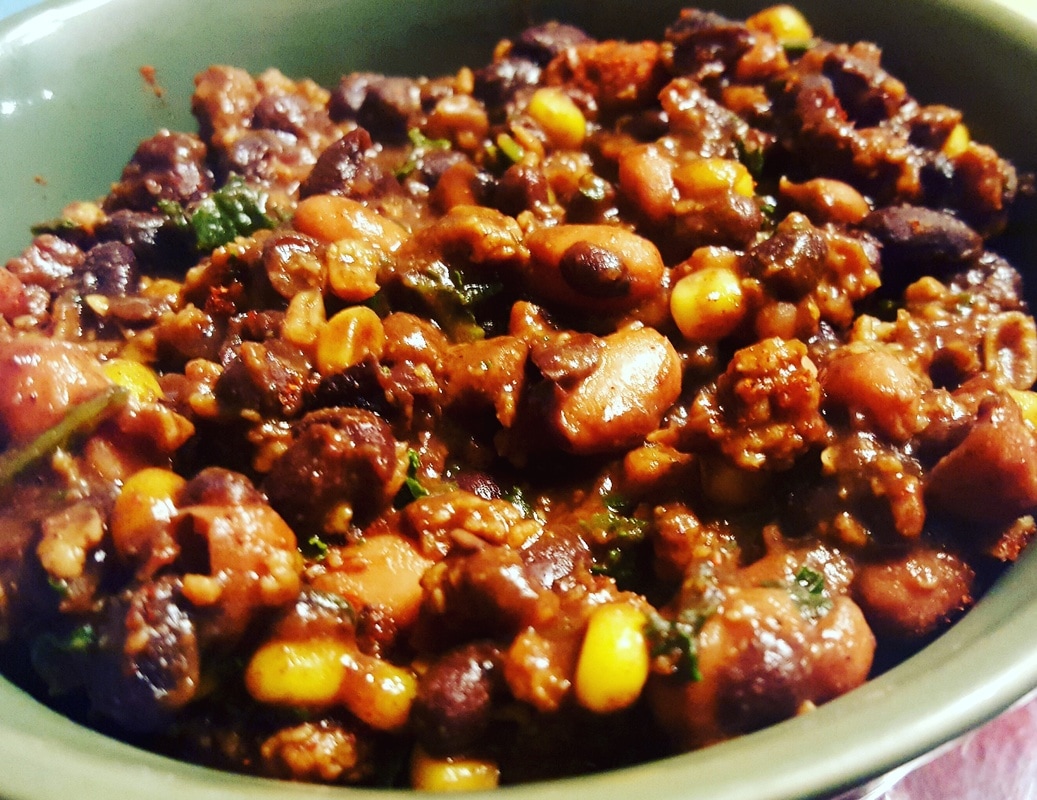
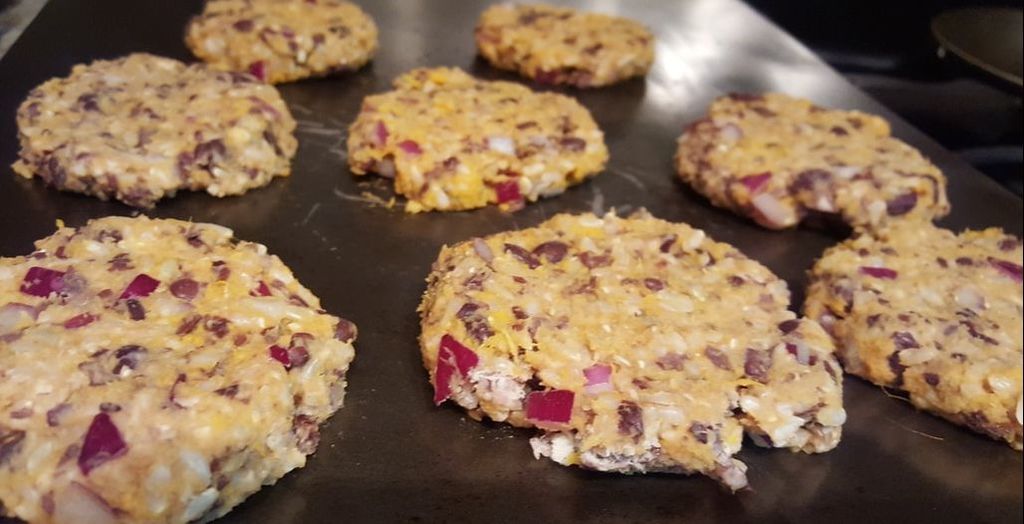
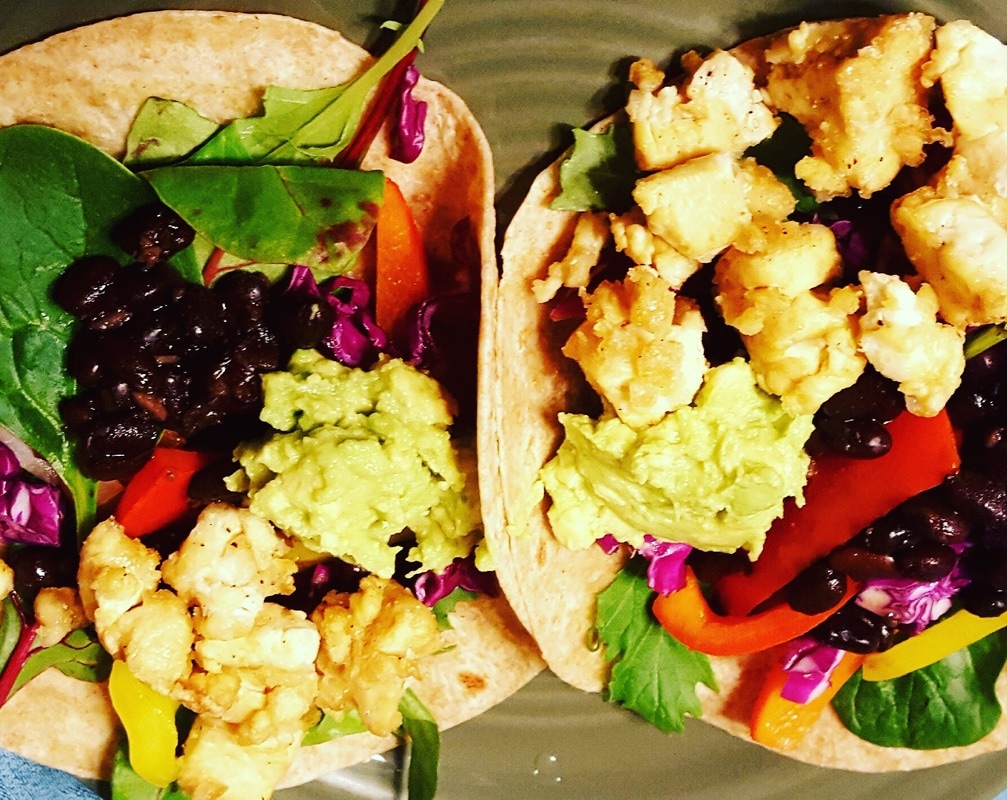
 RSS Feed
RSS Feed
